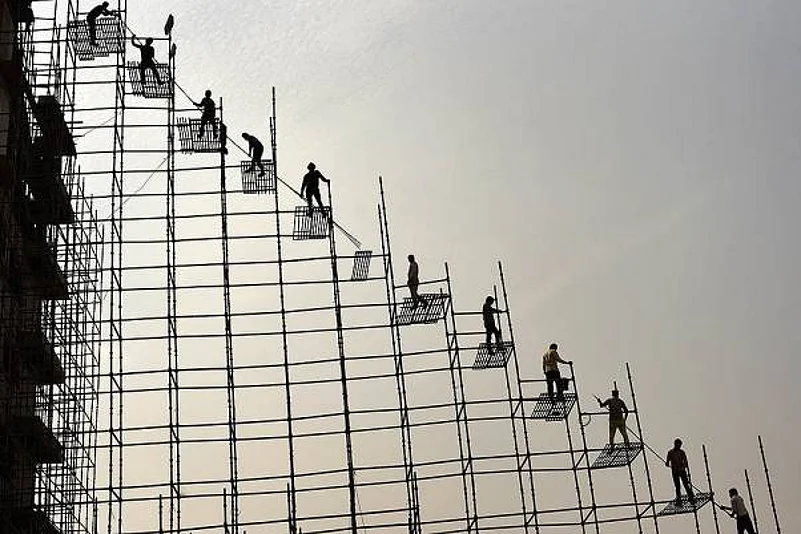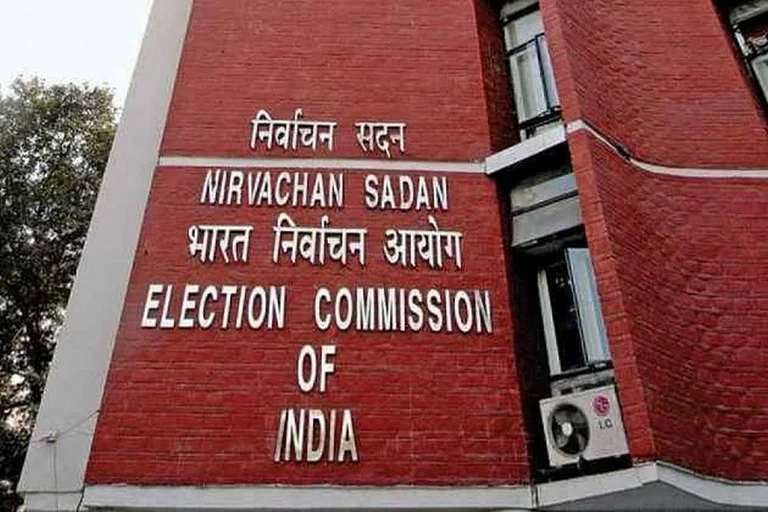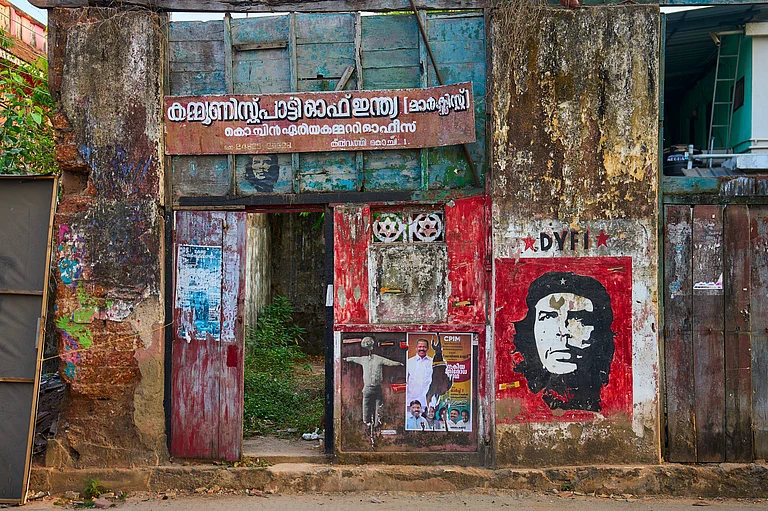A survey of all the real estate stakeholders conducted jointly by independent valuer Knight Frank and Federation of Indian Chambers of Commerce and Industry (FICCI) revealed that the current sentiments of the real estate stakeholders in the country have dropped to an all-time low in the first quarter (January – March) 2020.
Shishir Baijal, chairman and managing director of Knight Frank India said, “The pandemic has created an unprecedented condition which is impacting global markets and societies. There is already a severe shortage of liquidity due to the complete standstill that most economies have come to. Even while the government and the Reserve Bank of India have provided some stimulus measures, further support may be required to help the real estate sector and for the economy to stay afloat during the crisis. Managing liquidity and sustaining through the length of this pandemic will be critical for economic survival in the post-pandemic era.”
The survey found that the current and future sentiment score has nosedived to the lowest levels in Q1 2020 in the wake of the ongoing Covid-19 outbreak. The sentiment score had revived in the Q4 2019 after being in the pessimistic zone (below 50 mark) for two consecutive quarters. The revival was however short-lived, as the current sentiment score has dropped to 31 in Q1 2020.
Looming uncertainty due to the pandemic has adversely impacted the stakeholder sentiments for the coming six months as well, it said.
Dr. Niranjan Hiranandani, National President, NAREDCO and Founder & MD, Hiranandani Group, said, “The current lockdown has brought the industry to a standstill position and the recovery curve will depend on the fiscal stimulus rolled out by the government machinery. Given the bleak market scenario, all concerned stakeholders are in cautious mode and fighting the war of life versus livelihood. However, a great amount of resilience and adaptability has been demonstrated by consumers and the developer. This crisis has definitely put people to re- channelize their thoughts and behaviour, which will lead industry to the structural trends. The biggest learning is the change in perception of owning one’s house which embeds a deep sense of safety and security in the period of crisis. This shall be the next driving force to generate long term sustainable housing demand for the segment.”
“There will be a slowdown across the industry post COVID-19 crisis. The industry is facing an acute working capital crisis which is essential to restart the business and keep it moving. We have all pinned our hopes on government intervention to salvage the loss created by the crisis with its big fat fiscal stimulus to get the growth trajectory back on track, added Dr. Hiranandani.
The mood of the stakeholders as regards to the overall economy and the real estate sector had been in the pessimistic zone in the second and third quarter of 2019 due to credit squeeze and overall economic slowdown. With the slew of measures announced by the government to revive the sector, the last quarter of 2019 infused confidence in the real estate market. The creation of a stressed asset fund (AIF) of Rs 25,000 crore to provide last mile funding to staled affordable housing projects was a welcome step in this direction. However, the Covid-19 outbreak has marred the stakeholder’s sentiments, the survey said.
According to the survey, the future sentiment score has sharply fallen to 36 in Q1 2020 after having bounced back in Q4 2019.
The lockdown will translate into a vicious sequence of stalled construction, delays in project deliveries, delays in loan repayments and debt servicing to banks and an overall slump in demand due to uncertainties in employment and salary cuts. All these factors have marred the future sentiment score of stakeholders, it added.


























